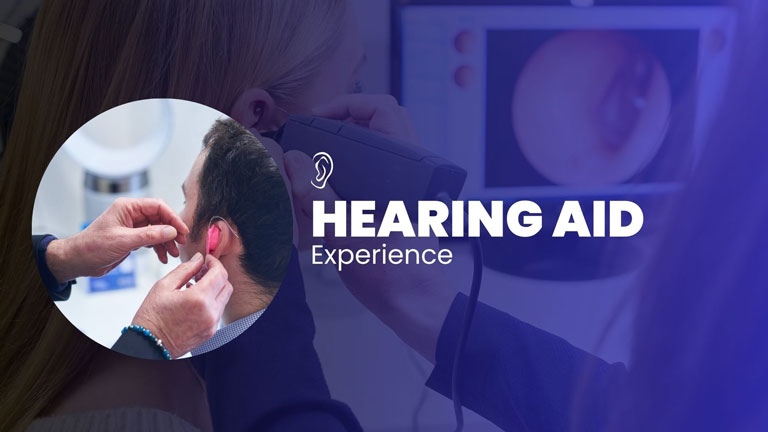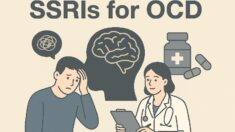
If you are using a hearing aid device and want to enhance its performance and experience, you can do a number of things. Hearing aids increase the hearing experience by amplifying sounds, improving speech clarity, and reducing background noise, so you can get better hearing, social interaction, and overall well-being. Modern hearing aids also come with advanced technology like AI-powered adjustments, Bluetooth connectivity, and customizable settings. These things make hearing aids more adaptable and user-friendly. Here’s a more detailed look at how hearing aids improve the hearing experience:
Fine-Tune Your Settings
The preset settings your audiologist set are only a beginning. Situations change, and so should your hearing aid settings. Master how to change programs quickly for noisy venues, quiet rooms, or outdoor environments. Use the volume control judiciously to prevent distortion, and get back to your audiologist periodically to maintain calibration.
Keep Devices Clean
Earwax and humidity are the primary culprits of hearing aid malfunction. Wipe them daily with a soft, dry cloth and use a wax guard if recommended. Please place them in a dehumidifying case at night to remove built-up moisture. Never wash them with liquids or alcohol-based solutions that damage delicate components. Routine care prevents surprise breakdowns.
Master Background Noise
The most common complaint of hearing aid users is background noise. Learn when to use directional microphone settings to focus on the person before you. Place yourself with your back against noise sources like open windows or noisy traffic. Listen in different settings to train your brain to eliminate unnecessary noises.
Manage Battery Life
Low Batteries can trigger unforeseen performance drops and distorted sound. You can keep spare batteries for hearing aids in your pocket or car. Fit a charging regime on rechargeable models to match your lifestyle. Do not stock disposable batteries at extreme temperatures, as their life is reduced.
Use Wireless Accessories
Most new hearing aids have accessories that focus on clarity in challenging environments. Remote microphones help with group dinners or meetings by sending the speaker’s voice directly to your ears. TV streamers offer sound without echo or interference from background noise. Even an app on a smartphone can let you make subtle adjustments for specific circumstances.
Protect Your Hearing
Your other natural hearing is valuable even if you use aids. When attending concerts or site work, wear protective headgear and keep away from loud noises for extended periods. With hearing aids making the noise nearer, noisy environments can be worse if you do not focus. Hearing tests at regular intervals allow progress to be monitored and issues diagnosed before they get worse.
Improve Communication Habits
Technology performs best in conjunction with good listening habits. Turn to face others when they are talking to catch visual cues. Ask to have it repeated politely rather than rephrased to understand the meaning better. In meetings, use hand signals you agree upon to signal that you cannot hear the conversation. These skills lower listening fatigue and increase comprehension.
Adjust to Circumstances
Your mind takes time to get used to alternative hearing situations, but you can build your confidence gradually. Transfer to less noisy locations whenever possible, but refrain from shying away from difficult listening situations altogether. Exposure causes your mind to understand sound better. Participate in small group discussions before big crowds to become more confident. The more diverse the conditions, the more acute your listening abilities become.
If you have hearing loss and use hearing aid devices, these tips can help you improve their performance, enhance your experience, and increase usability.


